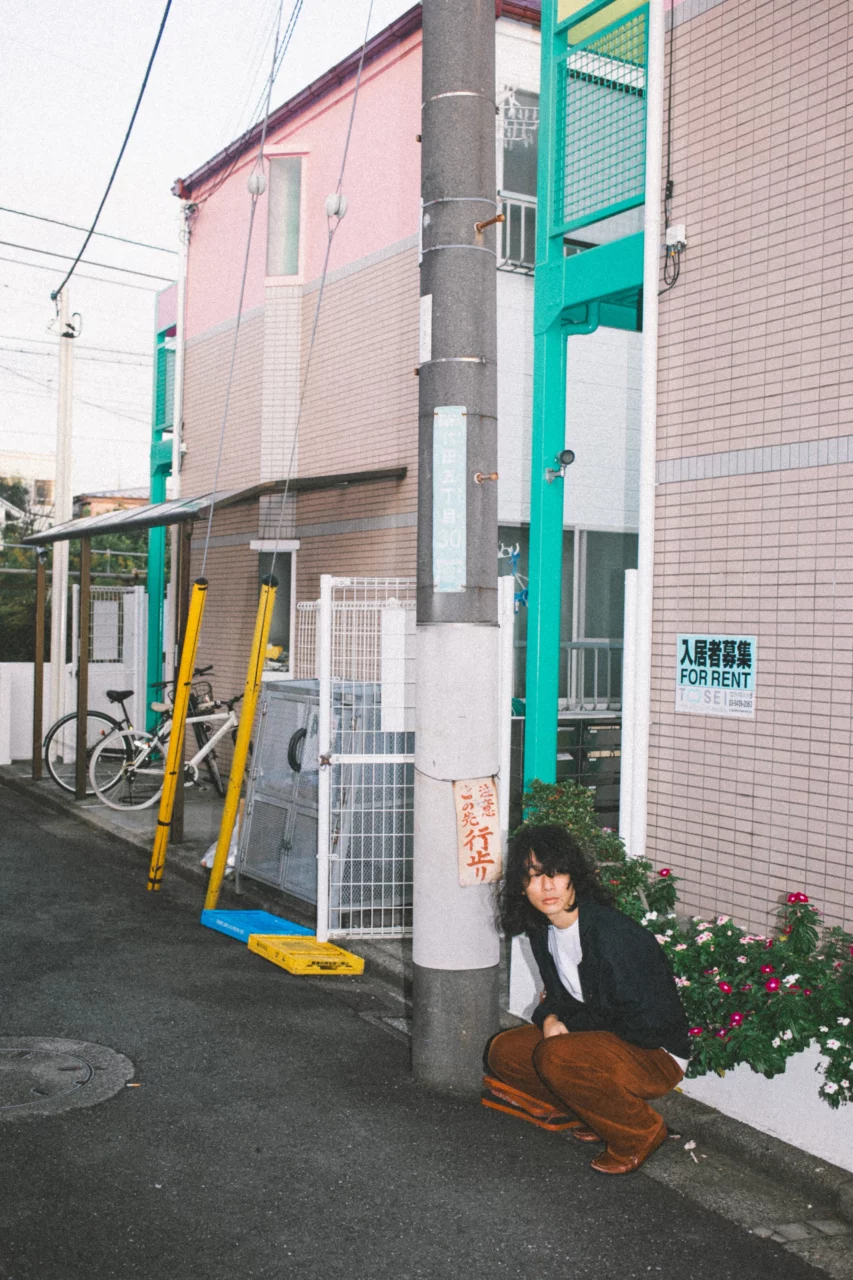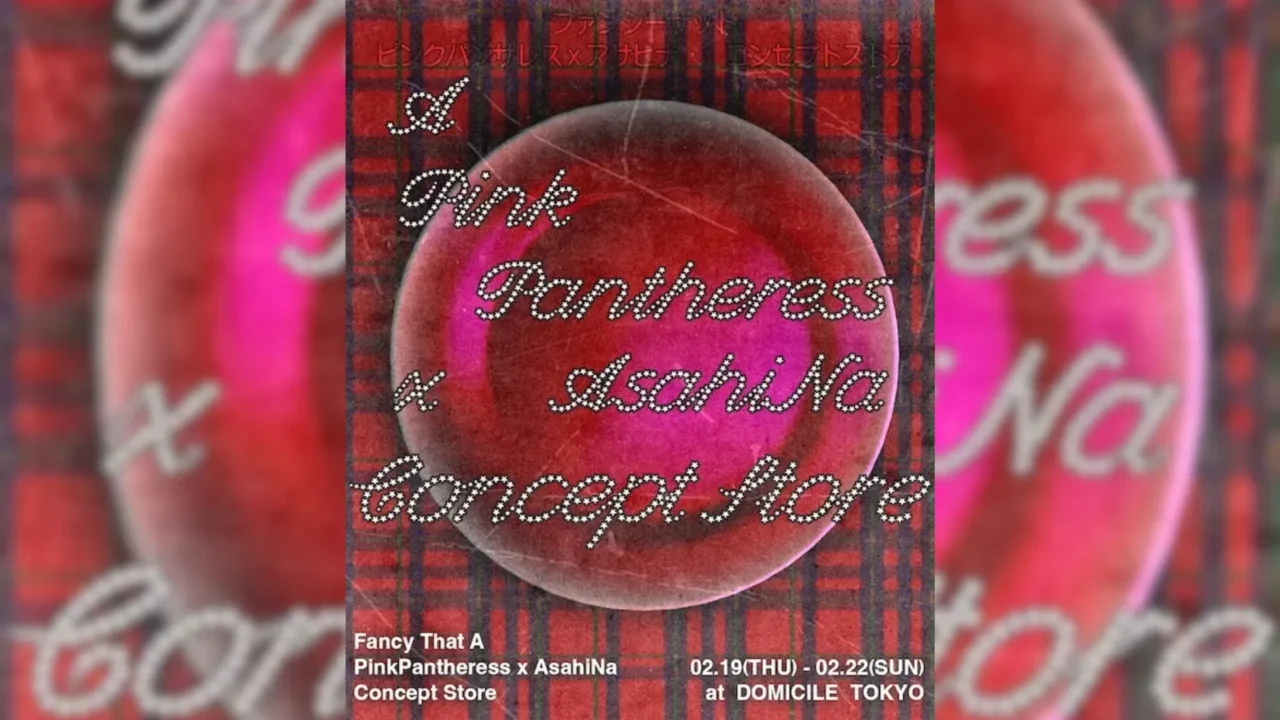INDEX
The Challenge of Valuing Many People and the Inexistence of Stories Beyond One-on-One Connections
I think this EP portrays scenes where someone is calling out to someone close by or someone within their heart. Why do you think the lyrics you write often become stories of “people and people”?
Ataku: I don’t really understand anything beyond that. If I were to be self-aware, I think it would be difficult for me to cherish a large number of people. It’s probably limited to the people around me—at most, four or maybe eight. To put it in terms like Furai no Shiren or Torneko’s Great Adventure, you know? To go so far as to say, “Is there really anything other than one-on-one stories in this world?” might even be how I feel deep down. So, maybe that’s why my songs end up being about “someone and someone.”
The third track, “Bouquet Toss,” which you mentioned as an exception, is themed around “marriage.” What does this song mean to you?
Ataku: Before making this EP, I realized that I didn’t have a single song about clear milestones like marriage, childbirth, entering school, or graduation. So, initially, I thought about creating a collection of songs for special days, and that’s how “Bouquet Toss” came about. After this song, I haven’t been able to create any songs for special days, though [laughs].
Why did you want to make a song about a special day?
Ataku: I always felt that my songs captured moments that were too fleeting. For example, “in the cape” is just a song about something happening in about ten seconds. And to add, while there are descriptions of scenery, the lyrics feel like they’re just things written in my head. I do like that kind of lyricism, but it was a challenge for me to think, “Can you make a song that’s different from that?”
The idea of capturing moments that last about five or ten seconds in a single song is a consistent part of your songwriting style, isn’t it?
Ataku: To begin with, I think it’s an unnatural approach. If you think about how many scenes you can fit into a three- or four-minute song, it would probably be one or two. And if you try to add a punchline or conclusion to that, it ends up feeling like it was written just for that purpose. What’s important to me is writing naturally. It has to feel effortless. It’s about capturing something in the length of the song and allowing thoughts to evolve naturally within that space… that’s what it’s all about.

You mentioned earlier that you think in visual terms, and while you have experience working in television, you’ve chosen to express yourself through pop music rather than visual projects. Why do you think you chose pop music as your form of expression?
Ataku: The root of it comes from listening to Quruli and thinking, “I want to do this.” But it hasn’t been that long a journey in music for me. What was significant, though, is that my family has always been close. When I was a child, songs by Yosui Inoue and Yumi Arai (Yumiko Arai) would play in the car, and when I sang them back to my parents, they were so happy, and that made me happy too. Music playing in the car could connect two people, and I always thought that was what popular music was meant to do and that it was a wonderful thing.
So, you’d like your songs in daisansei to be sung by others or to be something that connects people, right?
Ataku: That’s what I hope for. Well, I do think, “It’s best if I sing them myself,” but still.

























